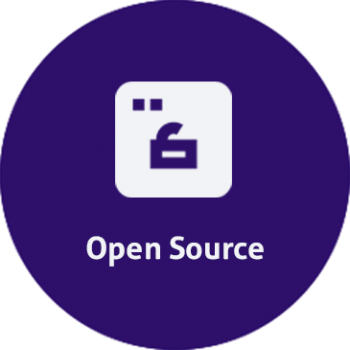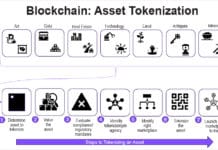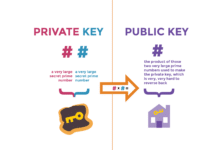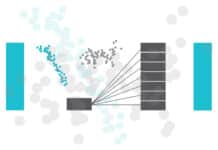Anticipating the situation, CERN launched the Microsoft Alternatives project (MAlt) a year ago to mitigate anticipated software license fee increases.
 CERN, one of the world’s leading scientific research organizations, has decided to stop using Microsoft-based programs and look for more affordable open-source software.
CERN, one of the world’s leading scientific research organizations, has decided to stop using Microsoft-based programs and look for more affordable open-source software.
Iban Eguia, a CERN software engineer, tweeted on Wednesday: “At @CERN, we are moving away from @Microsoft products due to their license fee increases for our research laboratory. We will try to use open-source software as much as possible. :)”
Elaborating on their decision, Emmanuel Ormancey, a CERN system analyst, wrote in a blog post that commercial software licenses with per-user fee structure have become unaffordable for CERN.
For the last 20 years, CERN has been enjoying special conditions for use of Microsoft products under the “academic institution” rate. But Microsoft recently revoked CERN’s academic status and replaced the old contract with a new one based on user numbers. This increased the license costs by more than a factor of 10.
“Although CERN has negotiated a ramp-up profile over 10 years to give the necessary time to adapt, such costs are not sustainable,” Ormancey noted.
CERN Migrating From Commercial Products to Open-source Solutions
CERN had anticipated the license fee hike a long time back and was already prepared to face it. So, it created the Microsoft Alternatives project (Malt) a year ago to mitigate anticipated software license fee increases.
“MAlt’s objective is to put us back in control using open software. It is now time to present more widely this project and to explain how it will shape our computing environment,” Ormancey said.
The project’s initial goal is to “investigate the migration from commercial software products (Microsoft and others) to open-source solutions, so as to minimise CERN’s exposure to the risks of unsustainable commercial conditions.”
Many other public research institutions have also been hit hard by the new per-user licensing structure. However, CERN is playing a pioneering role in exploring open-source alternatives, Ormancey claimed.
Now, MAlt is entering a new phase with the first migrations.
According to Ormancey, the first major change is coming this summer, and it will be a pilot mail Service for the IT department and volunteers. This will be followed by the start of CERN-wide migration. In parallel, some Skype for Business clients and analogue phones will migrate to a softphone telephony pilot, he said.
CERN is also working on evaluations of alternative solutions for various software packages used for IT core services. In addition, it plans to come up with prototypes and pilots along the course in the next few years.















































































